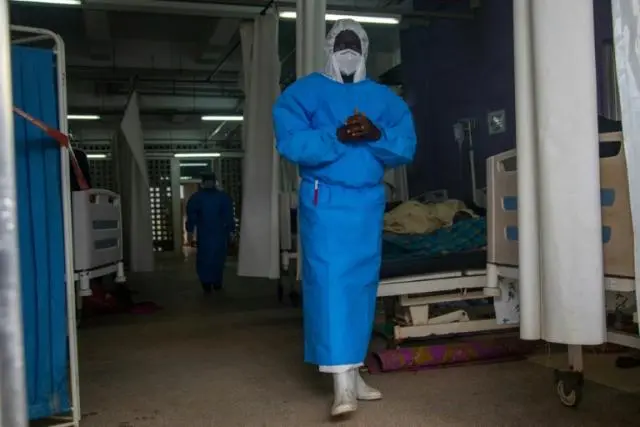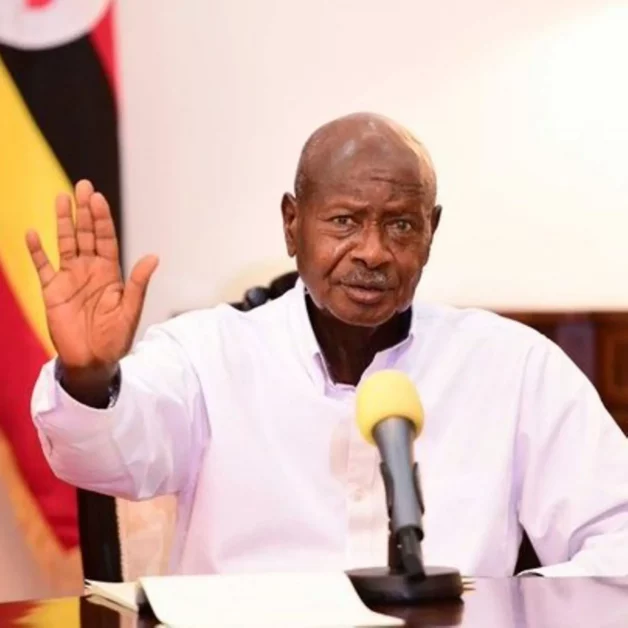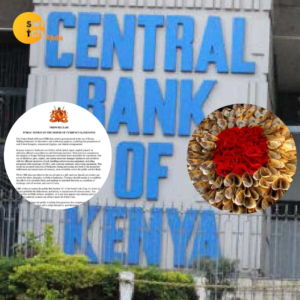Ugandan President Yoweri Museveni reiterated his refusal to impose a nationwide Covid-style lockdown to contain the spread of Ebola.
Since the health ministry declared an Ebola outbreak in Mubende’s central district, the disease has spread throughout the East African nation, including to Kampala.
However, Museveni ruled out any plans for a nationwide lockdown, instead urging citizens to “be more watchful” and adhere to Ebola-control measures.

Read Also: Ebola: Uganda Declares 3-Week Lockdown as Infections Increase
“There will be NO LOCKDOWN. Therefore, people should go ahead and concentrate on their work without any worry,” Museveni tweeted.
According to the Ugandan government, the casualty count from the highly contagious disease currently stands at 49.
The World Health Organization (WHO) reported on Wednesday that the country had over 150 confirmed and probable cases, with 64 fatalities.
Ebola is transmitted through bodily fluids, and symptoms include fever, vomiting, bleeding, and diarrhoea.Outbreaks are difficult to contain, particularly in urban areas. Infected people do not become contagious until symptoms appear, which occurs after an incubation period of two to 21 days.
The outbreak was declared on September 20, and Museveni declared that a nationwide lockdown was “not necessary” eight days later.
Read Also: Museveni suspends Traditional Healers to prevent Ebola treatment
However, in October, he imposed a 21-day lockdown on two districts, Mubende and Kassanda, imposing a dusk-to-dawn curfew, prohibiting travel and closing markets, bars, and churches. He also directed that anyone infected with Ebola who refused to be isolated be arrested.
The World Health Organization warned on Wednesday that there was a high risk of Ebola spreading further and urged neighbouring countries to beef up their preparedness.
Subscribe to our Youtube channel Switch TV
The strain currently circulating in Uganda is known as the Sudan Ebola virus, for which there is currently no vaccine, though several candidate vaccines are in clinical trials. Between 2013 and 2016, the worst Ebola epidemic in West Africa killed over 11,300 people.
















